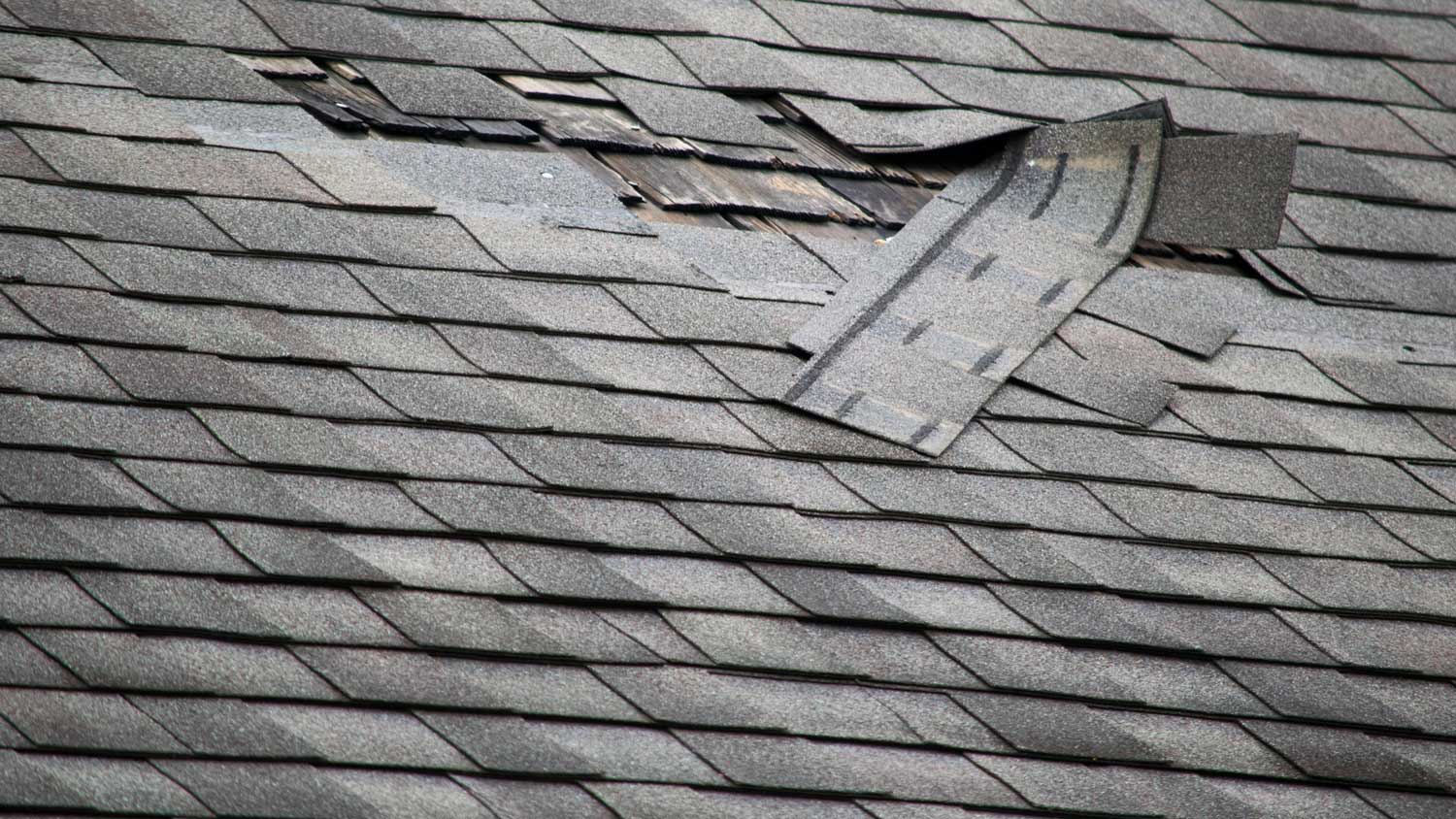Do You Need a Permit to Replace a Roof?
You’ll almost always need a permit to replace a roof


In most cases, you will need a permit to replace a roof.
Every state and local jurisdiction has rules for when roofing permits are required.
It’s your job as the homeowner to learn about your area’s permit laws and abide by them.
Failure to obtain a permit for a roof replacement when it’s legally required can lead to serious consequences.
A roof replacement is a crucial project, especially if your current roof is damaged and can no longer effectively protect your home. If there are signs you need a new roof and you’ve decided to replace it, you may be wondering whether you need a permit. The answer to this question depends on your particular situation but is almost always yes. Here’s what you need to know about roof replacements and permits.
What is a Permit for a Roof Replacement?

Put simply, a permit is designed to ensure you build your roof in accordance with state and local standards and safety regulations. It allows local authorities to inspect your roof to ensure it was built safely. Without a permit, you may end up with an unsafe roof that leads to unexpected issues and unforeseen expenses.
How Do You Know If You Need A Permit For a Roof Replacement?
In most cases, you will need a permit to replace your roof. Most jurisdictions will require it since a new roof will likely change the structure of your home. If you want to remove or replace your shingles, add insulation, reconstruct your roof deck, or take on any related project, a permit gives you legal permission.
It’s your responsibility as a homeowner to check with your local jurisdiction to determine whether your roofing project warrants a permit. However, if you’re working with a roofing contractor, they can take care of this process for you. They will apply for a permit on your behalf and make sure their work adheres to the latest safety codes in your area.
Situations Where a Permit is Required
While every state and jurisdiction has its own unique laws, most of them require a permit in these scenarios.
You Replace Your Entire Roof
If you remove your current roof and replace it entirely with a new roof, a permit should be on your radar. Since a completely new roof will significantly change the structure of your home and is considered a fairly risky job, most states will require you to get a permit.
You Change Your Roof’s Framing or Structure
Permits are almost always necessary when you modify the structure of a property. Therefore, if you make any changes to the roof structure or the roofing material or framing, you’ll legally need a permit.
You Choose a Unique Roofing Material
The most common roofing materials are asphalt and metal. However, if you opt for a less popular, unconventional option in your area, like reeds or ceramic tiles, you might need a permit since your project will likely involve special installation techniques.
Exceptions for Roof Replacement Permits
If you have a minor roofing job, you might not need a permit, depending on where you live. For example, if your goal is to add a new layer of shingles without changing the roof's underlying structure, you may be able to proceed without a permit. Typically, permits are for more extensive roofing jobs, such as full replacements and repairs.
What Happens If You Replace Your Roof Without a Permit?
Before you go ahead and start your roof replacement, it’s important to check with your local jurisdiction to determine if you need a permit. You can face serious fines and penalties if you don't obtain a permit when legally required to do so.
Also, you may be forced to remove your newly installed roof and redo the project to meet the local codes and requirements. In addition, if your roof replacement leads to issues with your home’s structure or damage to nearby properties, you might be subject to lawsuits from parties in search of compensation. Lastly, there’s a chance you may struggle to sell your house if and when you put it on the market.
Frequently Asked Questions
Sometimes, a local authority won’t approve a request for a roofing permit. This may be because of incomplete documentation, unclear project plans, processing delays, or insufficient communication. There may also be discrepancies with building codes.
Building permit costs vary greatly. They’re based on the size of your project but often cost between $457 and $2,762, with the national average being $1,602. Reach out to your local building department to find out the price of a permit in your area.
To apply for a roofing permit, contact your local building authority. You may visit their office in person or contact them via phone or email. For more information on how to start the process, visit their website.





- Roofers
- Metal Roofing
- Roof Repair
- Roof Inspection
- Vinyl Siding Repair Contractors
- Flat Roofing Companies
- Commercial Roofing
- Emergency Roofing Companies
- Leaky Roof Repair
- Metal Roof Repair
- Business Roof Repair
- Flat Roof Repair
- Tile Roof Repair
- Slate Roofers
- Rubber Roofers
- Roofing & Siding
- Metal Roof Installation
- Affordable Roofing
- Roof Sealing
- Attic Ventilation Contractors
- Know When to Obtain a Building Permit for Your Project
- Do You Need a Permit for Landscaping?
- 9 Warning Signs You Need a New Roof
- The Contractor’s Guide to Charging for Permit Pulls
- Should You Repair or Replace Your Roof?
- Do You Need a Permit to Build a Fence at Your Home?
- What Size Deck Can I Build Without a Permit?
- Do You Need a Permit to Pour Concrete?
- What Is the Penalty for Building Your Home Project Without a Permit?
- 30 Common Roofing Mistakes You Need to Know










